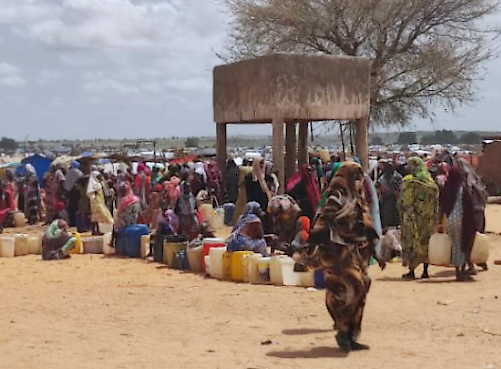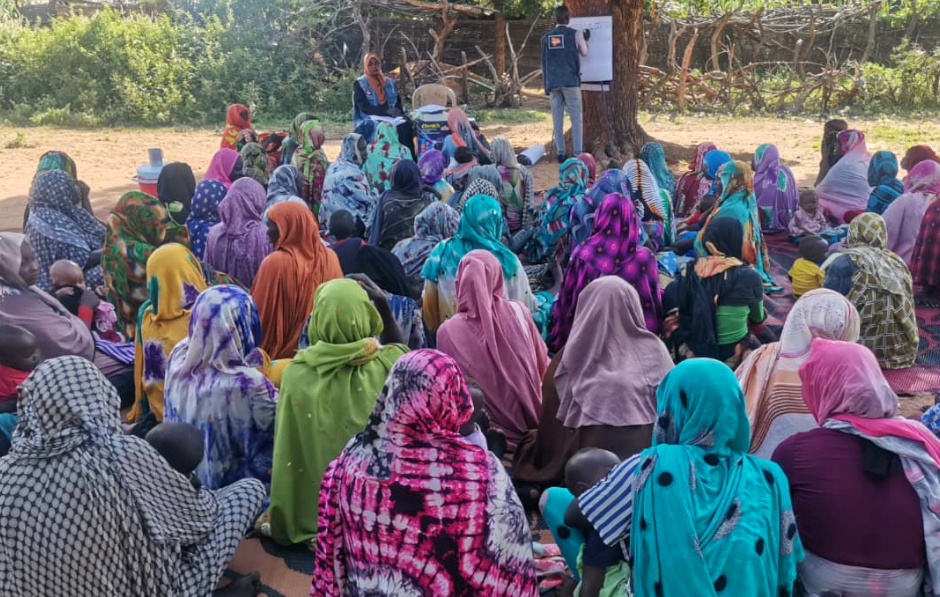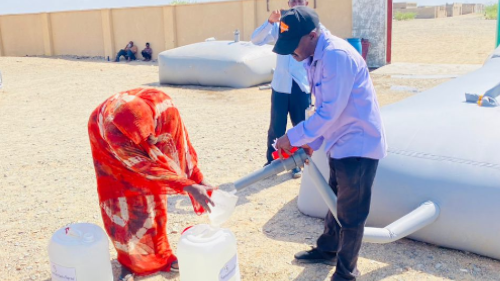Beneficiaries
48,880
Duration
30/05/24 > 29/05/25
Total budget
$2,140,000

Food security & Livelihood
Funding

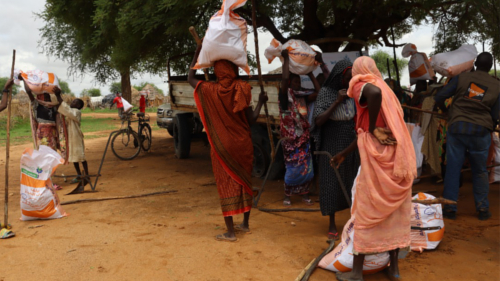
Programme details
This project is an emergency response to the food crisis for people affected by the conflict in Sirba and Geneina, West Darfur.
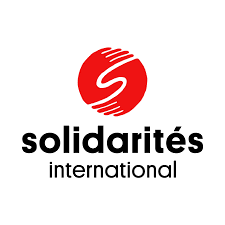

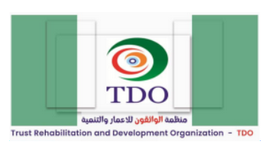
It’s being carried out by a consortium comprising Triangle Génération Humanitaire, Solidarités International, DCD and TDO.
The overall budget for the project is $2,140,000 including $677,300 for TGH’s activities.
The project addresses the critical humanitarian crisis in West Darfur, exacerbated by prolonged conflict and severe drought, which has led to large-scale displacements and a looming famine. With over 1.2 million children under five suffering from acute malnutrition in Darfur, and 218,000 facing severe acute malnutrition (SAM), the situation is dire, particularly in the Geneina and Sirba localities of West Darfur. These areas are currently in IPC Phase 4 and are at risk of deteriorating to IPC Phase 5 without urgent intervention.
In response, the consortium aims to implement a comprehensive project designed to provide life-sustaining support and improve livelihoods for the most vulnerable households in Sirba and Geneina. The project adopts a two-pronged approach:
- Food Security and Livelihood Support : This component targets 38,000 beneficiaries and includes providing certified seeds and tools in preparation for the rainy season. SI, TGH, and TDO will distribute cereal and vegetable seeds, offer agricultural training, and provide cash assistance to prevent the misuse of seeds for immediate survival needs. Additionally, TDO will offer mobile veterinary services to treat livestock and support nomadic communities with training in natural resource management and grass seed propagation.
- Nutrition: Reaching 10,880 beneficiaries, this component focuses on community-based nutrition interventions. DCD and SI will train and supervise volunteers to conduct malnutrition screenings and make referrals to nutrition facilities. They will also establish a network of trained community health workers and support groups to promote good feeding practices and provide out-patient therapeutic care in Geneina.
Given the severe food shortages, deteriorating coping mechanisms, and gaps in humanitarian coverage, this project is crucial in preventing a further escalation of the crisis. The consortium’s experience and local presence ensure the capacity to deliver urgent, life-saving assistance in this high-risk context.
